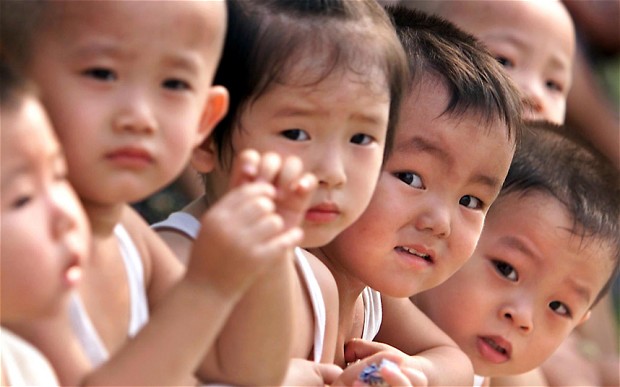China’s top family planning authority on Monday said the current one-child policy will remain in place until legislators ratify the new policy allowing couples to have two children.
The National Health and Family Planning Commission (NHFPC) made it known to journalists in Beijing, capital of the country.
“Local authorities in each province should not carry out the two-child policy willfully,” NHFPC said, refuting claims that the new policy was effective as soon as it was announced.
Zhan Ming, deputy director of the provincial health and family planning commission in central China’s Hunan, added that those pregnant with a second child would not be punished.
Advertisement
The Communist Party of China announced the abolishment of its decades-old one-child policy at the close of a key meeting on Oct. 29, in an attempt to balance population development and offset the burden of an aging population.
According to a communiqué released after the plenum, a final plan for the policy change will be ratified by the annual session of China’s top legislature in March.
The NHFPC estimated that about 90 million families may qualify for the new two-child policy, which would help raise the population to an estimated 1.45 billion by 2030.
Advertisement
China, the world’s most populous nation, had 1.37 billion people at the end of 2014.
The one-child policy was introduced in the late 1970s to rein in the surging population by limiting most urban couples to one child, and most rural couples to two children, if the first child born was a girl.
The policy was later relaxed to say that any parents could have a second child if the first were female children.
It was further loosened in November 2013, with its current form stipulating that couples are allowed to have two children if one of them is an only child.
Advertisement
Add a comment






